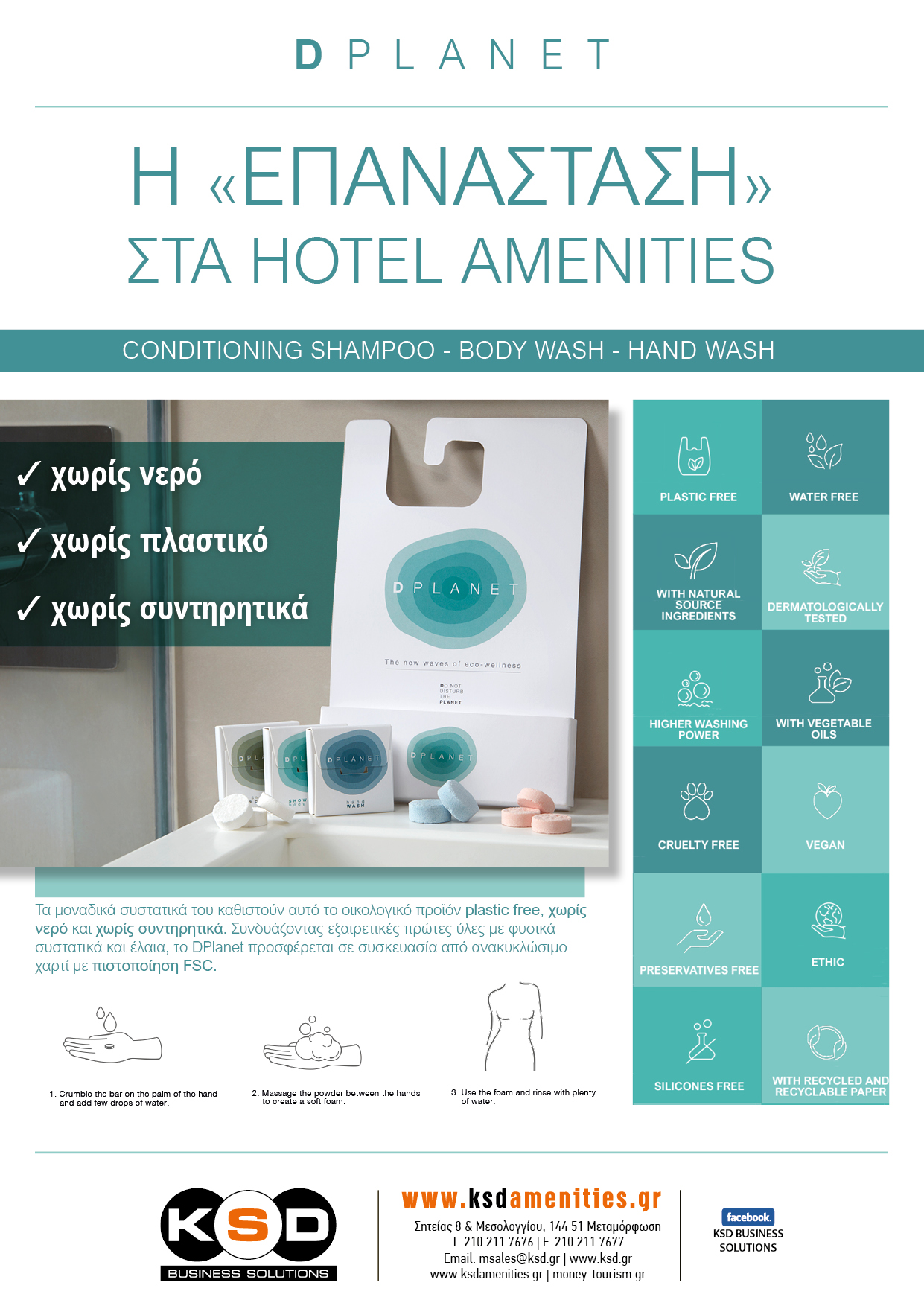The COVID-19 pandemic has had an enormous impact across the events industry. Almost all live meetings and events were cancelled or postponed in 2020 and 2021. In an ever-changing situation, with different restrictions at country levels, we quickly adapted our procedures to protect our clients and provide suggestions based on our experience and knowledge of the industry, with many lessons learned.
Lesson 1: Risk management sets the foundation
The perception of risk changed in 2020. Now more than ever, risk assessments that predict, prevent, respond and recover from targeted threats and risks, including pandemics, are a must. Our teams received specific training in how to adapt their event planning to align with COVID-19 regulations, globally and by country. In parallel, we have clear guidelines in place to ensure our clients are well protected against financial penalties for events that are impacted by COVID-19.
Lesson 2: Safety and security of attendees is top priority
While some small meetings continued to operate in some parts of the world during the pandemic, our clients were challenged with ensuring they knew the exact status of every attendee at all times. Having a robust list of preferred suppliers in place was essential to maintain confidence for meetings to continue during these extraordinary circumstances. Traveler and attendee tracking and safety and security remain our meeting planners’ top priority as we emerge from the pandemic.
Lesson 3: Virtual and hybrid are here to stay
Our clients were forced to divert their attention to virtual and hybrid events. The pandemic accelerated an initiative that started years ago. What was unimaginable in 2019 became reality in 2020. What this has taught both clients and meeting planners alike are the benefits of streaming, virtual reality and online collaboration. Hybrid caters to both worlds and allowed many clients to still meet face-to-face in smaller numbers (where restrictions allowed) but with a mainly virtual audience.
Lesson 4: Readiness for the unexpected
The crisis reinforced the need for clients and meeting planners to quickly adapt and become agile very quickly with their processes. A virtual and hybrid meetings policy specific to meetings and events will give structure to your company-wide events program. By investing time and knowledge here, our clients are able to communicate clear messaging across their business, allowing staff to understand what they need to do when the unexpected arises.
Lesson 5: Mental health should be taken seriously
We all became very aware of how much we need that face to face interaction. Our industry is built on the foundation of human contact and social networking. We supported our staff during this period, in particular our younger colleagues, by maximizing the use of our own technology to keep in touch and collaborate with many of our partners to create virtual incentives to keep morale high across teams.
Lesson 6: Trust is essential
In normal times, CWT M&E works towards building mutual trust with our clients. Our event planning teams excel in how they handle our client event programs, taking time and focus to lean in and become part of their experience. This strong foundation has ensured that with challenges, such as COVID-19, we have been in pole position to generate new and effective solutions and quickly, and resolve any problems that may arise.
Lesson 7: Effective communication is crucial
In normal circumstances clear communication is key; during a crisis, they make all the difference. For CWT M&E, transparency and empathy were a priority. Our proactive approach to keep in contact with our clients during the pandemic and support them with robust crisis management solutions helped them to adjust to the constantly changing conditions.




